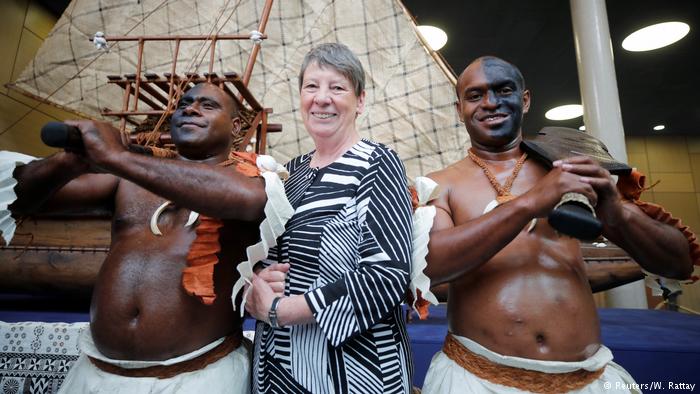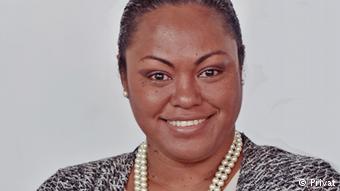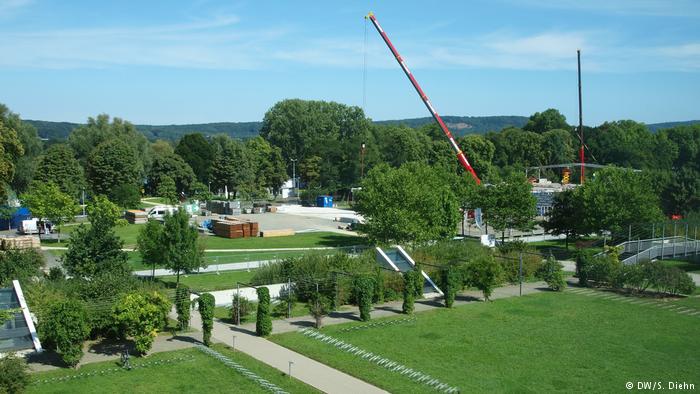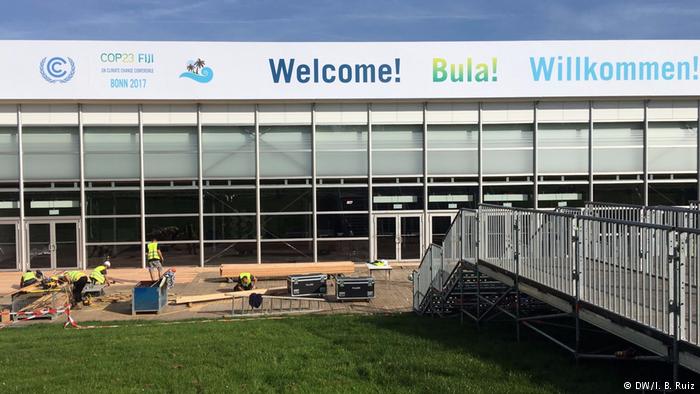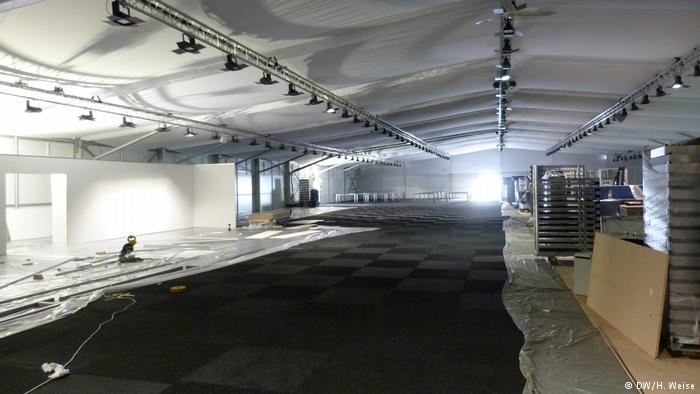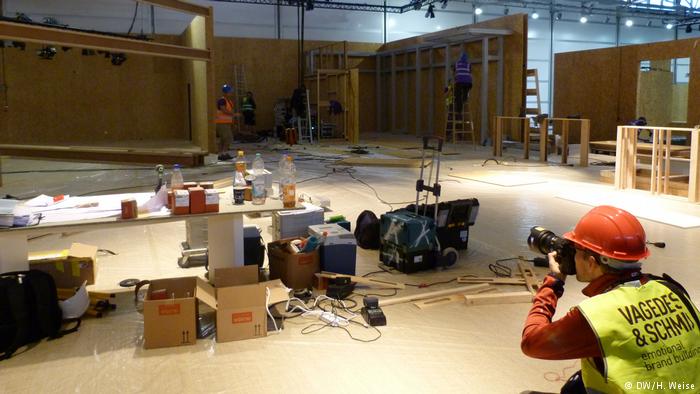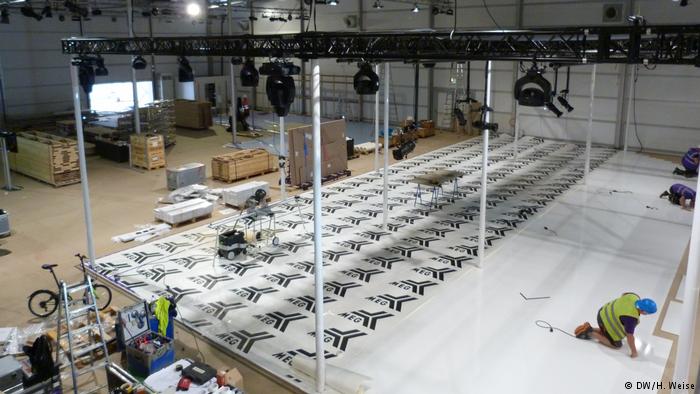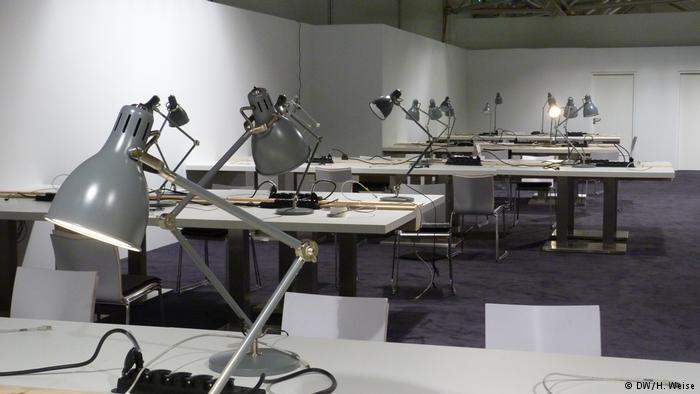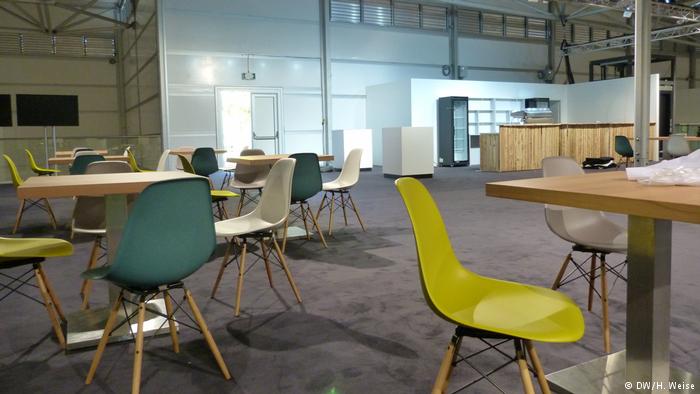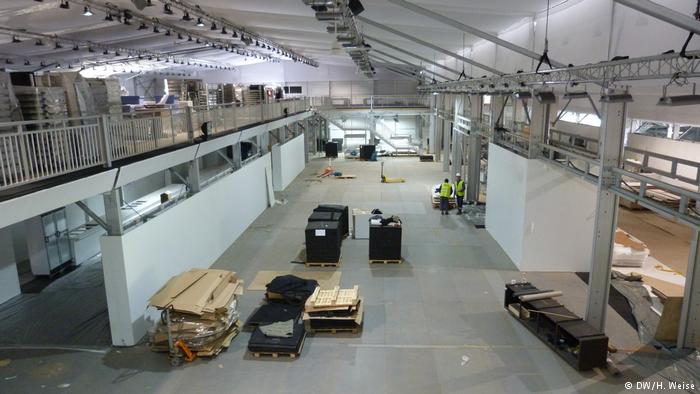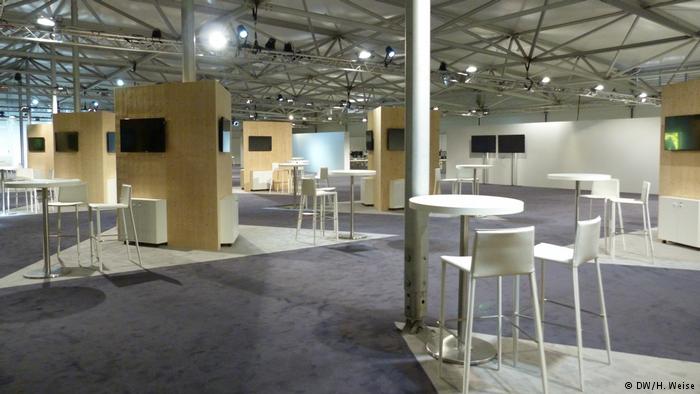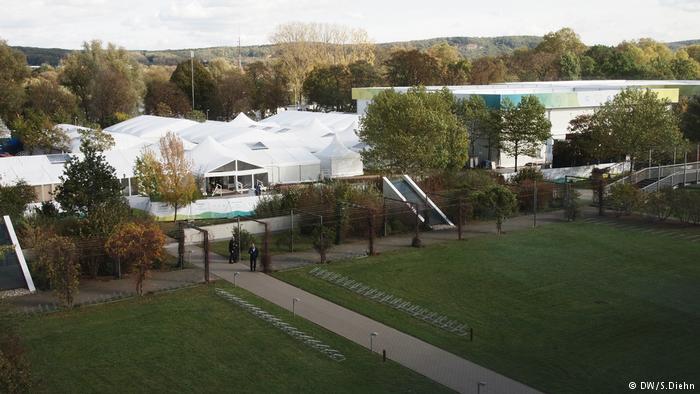They dubbed it “Fiji on the Rhine.” The giant tent city that has been assembled on the river banks of Bonn, Germany, is emblazoned with the Fijian presidency logo, and Fijian expressions. Still, some didn’t get the message.
“What, Germany isn’t the host?” asked one incredulous Bonn resident. “Why are we spending all this money on the summit then?”
The small Pacific island nation of Fiji currently holds the UN climate presidency, which rotates between the five UN regional groups. This year was Asia-Pacific’s turn, and Fiji volunteered to host.
Traditionally, the country holding the presidency also hosts the yearly Conference of the Parties (COP) summit. But Fiji did not have the space to accommodate the 25,000 delegates expected. So the UN’s climate secretariat stepped in, hosting the summit at its headquarters in Bonn – with the financial support of Germany. Bonn may be the geographic host, but Fiji is still the summit host.
Thani Ahmed Al Zeyoudi, climate change minister for the United Arab Emirates, says co-hosting is a good idea
The ordinary residents of Bonn were confused about who is hosting the summit, but what about the delegates?
Thani Ahmed Al Zeyoudi, minister of climate change and environment for the United Arab Emirates, said it has been very clear that Fiji is in charge at this summit.
“Fiji has done a tremendous job during its presidency of the 2017 conference, and the German government has been extremely generous in allowing the city of Bonn to physically host this year’s conference.”
An EU official said that behind the scenes, Germany has been very cautious about not appearing to dominate the conference, stepping back and allowing Fiji to lead.
“They’re a funder so they always have strong influence, but I have definitely felt that Fiji is running” the show, he said.
‘Performing our culture for all to consume’
Back in the Pacific Islands, however, there has been some concern from people watching the summit that Fiji is being tokenized — used for symbolic effect but not really being allowed to lead. The opening ceremony was marked by Fijian traditions and dances, as German Environment Minister Barbara Hendricks drank kava, the traditional Fijian drink to open ceremonies. But has Fiji’s contribution been more substantial than that?
“On the surface, it all seems quite delightful,” wrote Kera Sherwood-O’Regan, a COP delegate from the Kāi Tahu Maori tribe in New Zealand, in online magazine The Spinoff. “Dig a little deeper though, and I feel like the so-called Fijian flavor has got a slightly bitter aftertaste…and it tastes a lot like tokenism.”
“In these kinds of spheres, it’s all too easy to invite us up the front. Sing a waiata. Open with a karakia. Perform our culture for all to consume. It’s a story we all know too well.”
Read more: Climate change in Fiji as seen through the eyes of an Instagramer
Our Beautiful Planet: Pacific Paradise at risk
Lice Movono, a journalist with the Fiji Times who came to Bonn for the COP, however, says she doesn’t see it that way.
“I don’t think it was tokenism at all,” she said in Bonn. “I’m an indigenous Fijian and speaking as an individual, I was very proud to see Fijian authenticity represented that way. In terms of what went on during the week, the cultural performances, the singing, the kava, that’s a small way of showing you what Fijian society is like.”
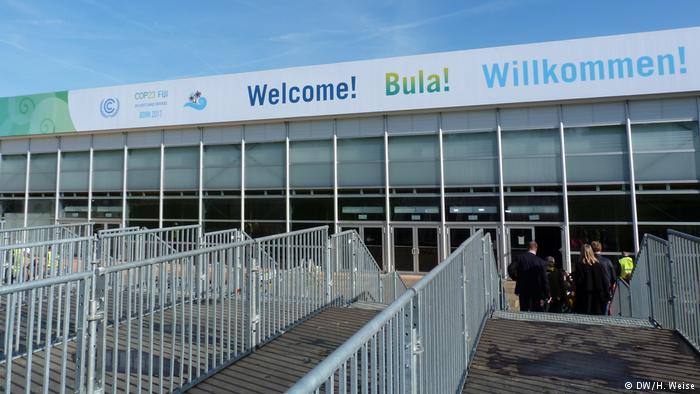
Bonn has built a giant tent city next to the river Rhine, emblazoned with the Fijian presidency logo
Bonn as permanent host?
This year’s co-hosting was being closely watched by those who think that the summit should always be in Bonn. It’s an idea that has been floating around for years, but according to delegates, as the size and costs of these summits explodes, it is now gaining traction like never before.
If Fiji can demonstrate that a presidency nation can be successfully showcased without everyone having to physically go to that country, this may be a concept that is repeated.
“I have always wondered if it would make more sense to have one place that hosted COP every year, if it makes more sense to make those investments in a single place so that it’s not moving every year, and just rotate the presidency,” said Hannah McKinnon from the NGO Oil Change International. “This is maybe an example of what that might look like.”
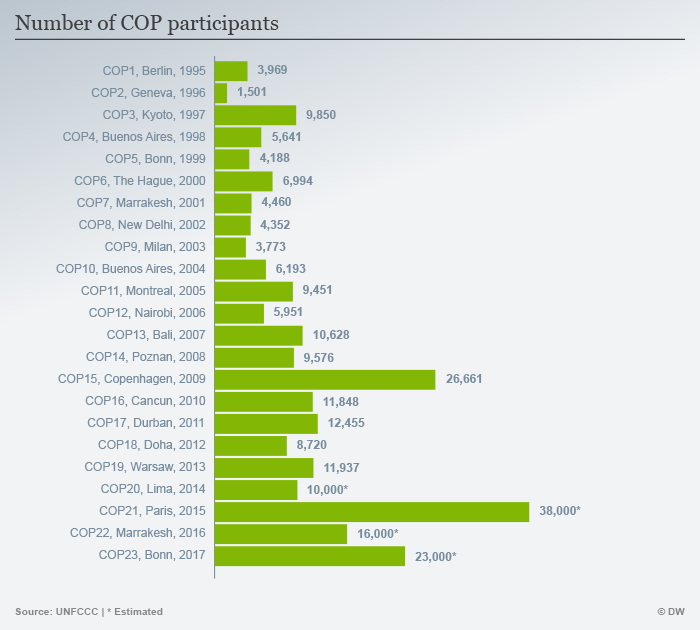
Too far from the developing world
But Peter Liese, a German member of the European People’s Party group in the European Parliament who is attending the COP talks, worries that if the COPs didn’t rotate locations, the UN would lose an opportunity to engage local populations.
“I’m hesitant,” he told DW. “I think it should be in Bonn from time to time, because it’s very efficient and the equipment is already here. But I see that, for example in Mexico or Morocco, the COP was very helpful to trigger the national process. So maybe that’s also important.”
He added that the co-hosting has worked well this year. “Germany was supportive but didn’t dominate. Fiji was really the leader of the COP. So maybe we could repeat this another time.”
Movono, however, says she thinks that the population in the country holding the presidency can still be very involved, even if the summit itself is happening far away. She notes that Fiji’s media has been paying very close attention to the summit.
“Just looking at the way it’s happened for Fiji, it’s been pretty great,” she says. “I don’t see us as a country being able to host 25,000 people, we just don’t have that kind of capacity. Just earlier today we were talking about the temporary structure on the Rhine. It’s massive, and it’s just the kind of thing we’re not capable of doing. And I don’t imagine any other country of the Pacific is able to do that either.”
“If it’s working for us, it’s a model worth exploring,” she added. “In terms of showcasing our culture, it only makes sense that we come and do it in your backyard.”
The venues for the next two summits have already been determined. Next year Poland will host for the Eastern Europe group of countries, and Brazil will host for the Latin American group in 2019. In 2020 it will be Western Europe-North America’s turn, but a host country has not yet been decided. It could, in theory, be Germany — bringing it to Bonn again.




